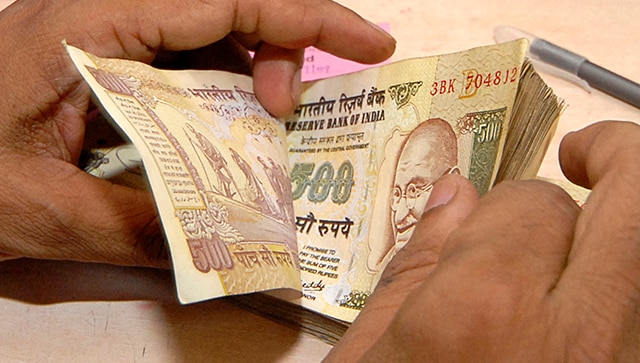Representational image. Reuters
India, on the cusp of emerging as the third-largest global economy, is navigating an economic and digital revolution. In this transformative journey, rural MSME (Micro, Small, and Medium Enterprise) entrepreneurs, often led by women, OBC-SC-ST, and other marginalized groups play a pivotal role, contributing around 30 per cent to India’s GDP. To boost the potential of this sector the government has taken commendable steps with initiatives like Digital India, the Udyam Portal, Government e-Marketplace (GeM), and has also implemented diverse schemes covering credit support, skill development, etc. Yet, the micro and small entrepreneurs grapple with formidable challenges, particularly in the realm of digital readiness.
The transformative power of technology, which has already touched urban landscapes, is yet to fully embrace these rural enterprises. The upcoming Union Budget 2024 stands as a beacon of hope for these entrepreneurs, holding the promise of solutions that can unravel the digital conundrum they face. As we delve into the intricacies of their challenges and aspirations, let’s explore how strategic budgetary allocations can pave the way for a digital revolution that propels rural MSMEs into a new era of growth and prosperity.
Strategies for digital empowerment
Related Articles

Budget 2024: These are the many hopes and aspirations of India’s social development sector

Inflation likely to be a big focus area for budget 2024, say sources
One of the critical aspects that demand attention is bridging the digital divide prevalent among rural MSMEs. Initiatives like the Unified Payments Interface (UPI), and the AI-powered language translation platform ‘Bhashini’ have the potential to bridge this divide and bring financial inclusion. However, lack of adequate physical infrastructure (cold storage facilities, rural roads, reliable power supply) to modernize and digitalize supply chains hinders the expansion of rural MSME products into national and international markets.
Compounding this challenge is the scarcity of a digitally skilled workforce. A 2023 survey by Bharatiya Yuva Shakti Trust across 12 states reveals that only 39 per cent of micro-entrepreneurs use social media for marketing, and a mere 22 per cent engage with e-commerce sites. Lack of awareness about online business (44 per cent) and a shortage of skilled personnel (17 per cent) are said to be the primary reasons for this gap.
In light of these barriers, one of the steps government can take is to amplify efforts to enhance the digital capabilities of rural entrepreneurs by training them on how to efficiently utilize digital public infrastructure to access credit facilities and larger markets. Moreover, there is a considerable portion of rural MSMEs that still need to fully adopt artificial intelligence (AI) and machine learning (ML). These technologies are crucial in attaining customer-centricity and operational efficiency in the Industry 4.0 era, necessitating focused initiatives.
Streamlining business operations for rural prosperity
For MSMEs, ensuring timely payments and a stable cash flow is paramount. The budget should introduce measures for working capital support, providing stability to the financial ecosystem for rural entrepreneurs. Similarly, supporting farmers’ income, crop insurance, and incentivizing agricultural machinery acquisition are also pivotal for agriculture sector growth. Hence, prioritizing policies that directly impact rural livelihoods can stimulate economic activity and foster entrepreneurship in these regions.
Navigating the complexities of managing and filing business taxes poses another significant challenge for rural entrepreneurs. The Union Budget 2024 is an opportune moment for the government to address these challenges comprehensively and simplify Goods and Services Tax (GST) processes to alleviate the burdens faced by these Grampreneurs.
Conclusion
The rural MSMEs represent a reservoir of untapped potential and, when unlocked, will propel the nation to retain its position as one of the fastest-growing economies. By addressing their digital gaps and providing targeted support with the Union Budget 2024, the government can propel the nation towards a more inclusive and digitally empowered future.
The author is Founding & Managing Trustee, Bharatiya Yuva Shakti Trust. Views expressed in the above piece are personal and solely that of the author. They do not necessarily reflect Firstpost’s views.
Read all the Latest News, Trending News, Cricket News, Bollywood News,
India News and Entertainment News here. Follow us on Facebook, Twitter and Instagram.

